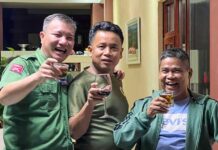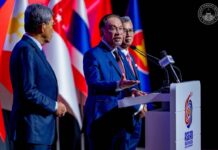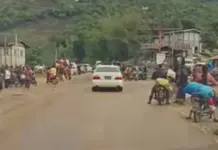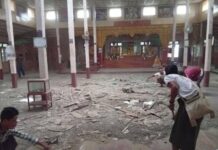Last year, a research group I used to work with showed me a report on their pilot survey of what is known as the silent majority in 7 regions/states, comprising 22 townships. I asked them why they didn’t publish. They said they were afraid of backlashes from both sides.
I thought that wouldn’t be fair to the people whose silent voices they aimed to unlock. For most of us, there are only two sides to the conflict in Burma: the oppressive Tatmadaw and the people who have risen to fight against them. But we discovered we were wrong. We had overlooked the majority that had not taken part in the conflict. They live quietly or move from place to place, hoping the conflict will be over soon and they can resume their everyday lives.
When the researchers went to look for them, they at first evaded, afraid that the disclosure would endanger them not only from one side but from both.
“It was like not sighting the moon as it’s being hidden by the clouds,” said a civil society activist recently. “A really heartbreaking situation.”
Here are some of their key answers to the researchers’ questions:
- We don’t believe in the planned elections. And that it will defuse the crisis.
- Violence against the people is not only committed by the TMD, but also by the resistance. Senseless violence has become routine in our society.
- Sanctions hurt not the TMD, but the people.
- ASEAN, neighboring countries and the West together should create a space where all stakeholders can meet and talk.
- Fighting to the finish, where one opponent defeats the other, is unthinkable. The only way and the best way is resolution by negotiation.
However, fighting against the TMD may serve as pressure points to force it to come to the table.
The agreement should not be just be about “let bygone, be bygone” but includes guarantees like the TMD will withdraw from politics, if not right away, step by step.
All in all, the silent majority are against the SAC-TMD, but they are also against the settlement of the political dispute by force of arms. And they are looking for the day when all will come together to settle it in peace.
It is for them all should be working for.

















Leave a Comments